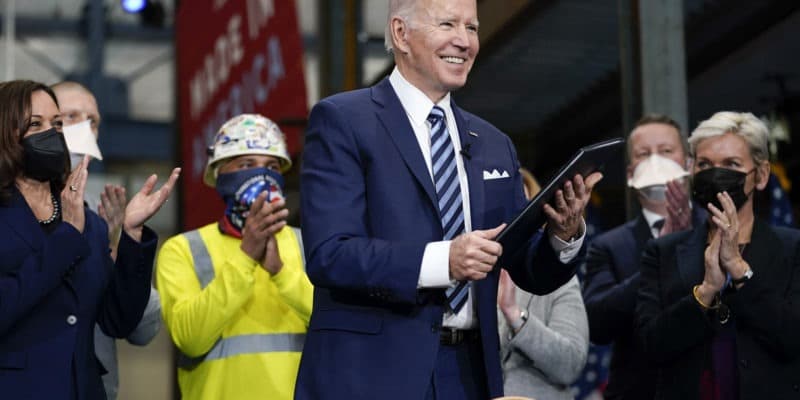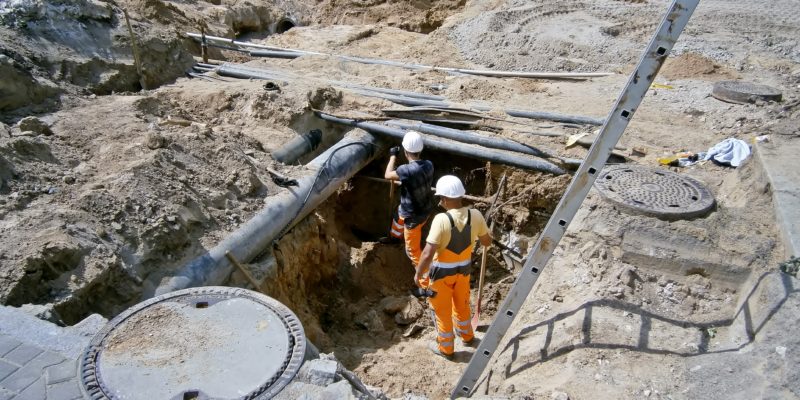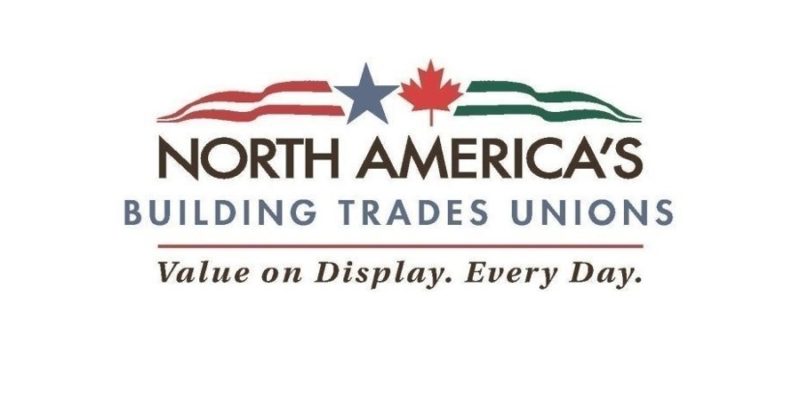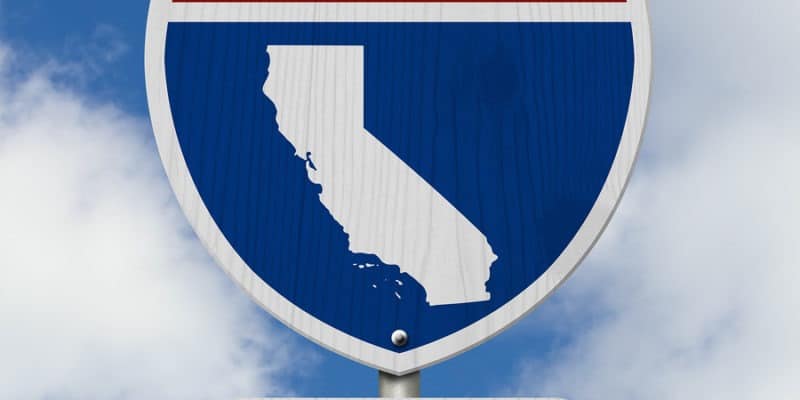Agency: Wage and Hour Division
Date: July 14, 2022
Release Number 22:-1338-NAT
Implements Executive Order 14055 to promote retention of qualified workers
WASHINGTON – The U.S. Department of Labor will publish a Notice of Proposed Rulemaking on July 15, 2022, to implement the requirements of Executive Order 14055, “Nondisplacement of Qualified Workers Under Service Contracts.” The proposal would benefit workers who perform work on service contracts by generally requiring that they receive an offer of employment from a successor contractor to a position for which they are qualified.
EO 14055 requires that contractors and subcontractors performing work on covered federal service contracts (i.e., most SCA-covered contracts over $250,000), must, in good faith, offer service employees employed under the predecessor contract a right of first refusal of employment on the successor contract. By doing so, the order seeks to prevent displacement of skilled workers in the federal services workforce. The proposed rule would establish standards and procedures for implementing and enforcing the nondisplacement protections under the order.
The department anticipates the proposed rule would if finalized provide economic benefits and enhanced efficiency in covered contracts by promoting the retention of experienced workers, thereby reducing the disruption in the delivery of services during the transfer of covered federal service contracts, maintaining physical and information security, and providing the federal government with an experienced and well-trained work force familiar with government personnel, facilities and requirements.
Specifically, the NPRM proposes to do the following:
- Establish standards and procedures for implementing and enforcing Executive Order 14055.
- Specify contracting agency and contractor obligations, respectively, under the Executive Order.
- Establish an investigation process that protects workers from displacement and is familiar to federal contractors.
- Identify sanctions and remedies that may be imposed by the department under the Executive Order.










